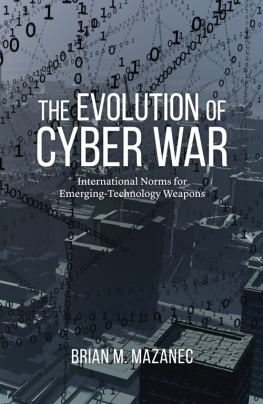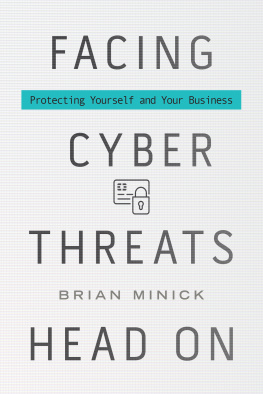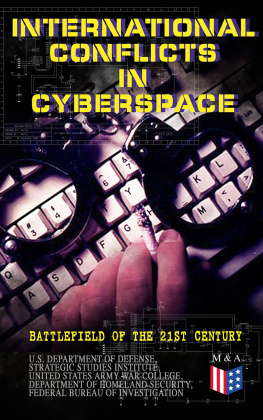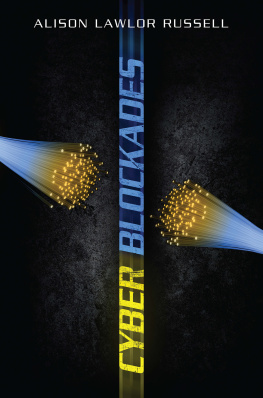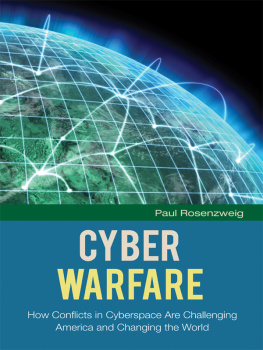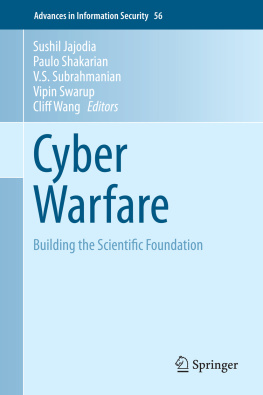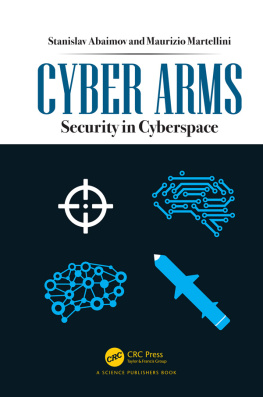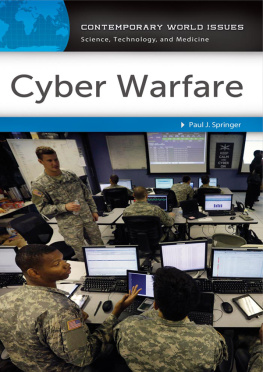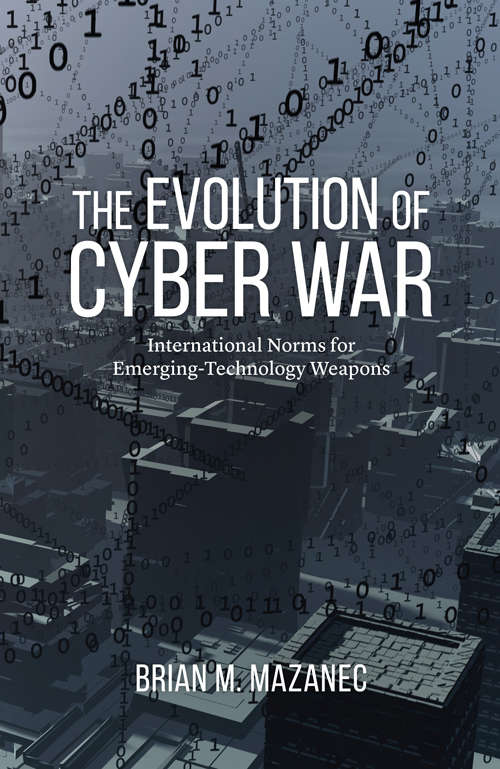Brian M. Mazanec - The Evolution of Cyber War: International Norms for Emerging-Technology Weapons
Here you can read online Brian M. Mazanec - The Evolution of Cyber War: International Norms for Emerging-Technology Weapons full text of the book (entire story) in english for free. Download pdf and epub, get meaning, cover and reviews about this ebook. year: 2015, publisher: Potomac Books, genre: Politics. Description of the work, (preface) as well as reviews are available. Best literature library LitArk.com created for fans of good reading and offers a wide selection of genres:
Romance novel
Science fiction
Adventure
Detective
Science
History
Home and family
Prose
Art
Politics
Computer
Non-fiction
Religion
Business
Children
Humor
Choose a favorite category and find really read worthwhile books. Enjoy immersion in the world of imagination, feel the emotions of the characters or learn something new for yourself, make an fascinating discovery.
- Book:The Evolution of Cyber War: International Norms for Emerging-Technology Weapons
- Author:
- Publisher:Potomac Books
- Genre:
- Year:2015
- Rating:3 / 5
- Favourites:Add to favourites
- Your mark:
The Evolution of Cyber War: International Norms for Emerging-Technology Weapons: summary, description and annotation
We offer to read an annotation, description, summary or preface (depends on what the author of the book "The Evolution of Cyber War: International Norms for Emerging-Technology Weapons" wrote himself). If you haven't found the necessary information about the book — write in the comments, we will try to find it.
Former secretary of defense Leon Panetta once described cyber warfare as the most serious threat in the twenty-first century, capable of destroying our entire infrastructure and crippling the nation.Already, major cyber attacks have affected countries around the world: Estonia in 2007, Georgia in 2008, Iran in 2010, and most recently the United States. As with other methods of war, cyber technology can be used not only against military forces and facilities but also against civilian targets. Information technology has enabled a new method of warfare that is proving extremely difficult to combat, let alone defeat.And yet cyber warfare is still in its infancy, with innumerable possibilities and contingencies for how such conflicts may play out in the coming decades. Brian M. Mazanec examines the worldwide development of constraining norms for cyber war and predicts how those norms will unfold in the future. Employing case studies of other emerging-technology weaponschemical and biological, strategic bombing, and nuclear weaponryMazanec expands previous understandings of norm-evolution theory, offering recommendations for U.S. policymakers and citizens alike as they grapple with the reality of cyber terrorism in our own backyard.
Brian M. Mazanec: author's other books
Who wrote The Evolution of Cyber War: International Norms for Emerging-Technology Weapons? Find out the surname, the name of the author of the book and a list of all author's works by series.

